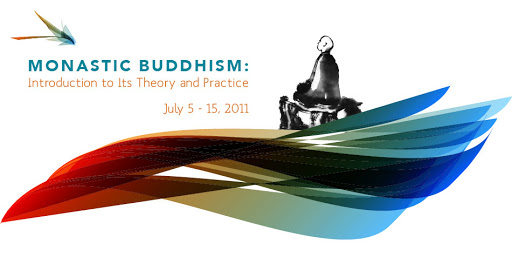Below is a holiday interview that I had originally intended to post a couple weeks back. My interviewee for the Vu Lan (盂蘭盆節) or Ullambana holiday is my friend Thao, who currently studies at a prestigious Southern California university. I am deeply grateful to her for sharing her thoughts and experiences of the Vu Lan festival, which concluded last week.
Who are you?
I am a youngin’ trying to find balance between college life and the Buddhist path.
What is the Buddhist significance of this holiday?
I grew up knowing this holiday as “Ullambana.” My mom was the first person to tell me the significance of this holiday. She told me a story of a son who made offerings to the temple sangha on a particular day of the moon calendar so his mother could be liberated after she had passed. Ullambana is similar to Japan’s Obon ceremony, honoring one’s ancestors who have passed as well. As I grew up, I came to learn that Ullambana was a holiday honoring filial piety, “one of the virtues to be held above all else: a respect for the parents and ancestors.”
What does this holiday mean to you?
This holiday reminds me of my roots. My name directly translates in both Vietnamese and Chinese (孝) as the less common English words of “filial piety.” Since Ullambana is centered around this concept, it humbles me and especially makes me want to let my parents know how much I appreciate them.
What do you plan to do on this holiday?
My current plan, while I’m back up North, will be going to celebrate this holiday at a temple called the City of Ten Thousand Buddhas on Sunday, August 14th. We will be reciting the Ullambana Sutra three times, and there will be a big lunch of vegetarian food. In addition, I will be able to show my parents my metta for them and express my gratitude for all parents alike ☺
Work has kept me busier than usual as of late, but I will make an effort to try to publish a few more posts this coming week.
